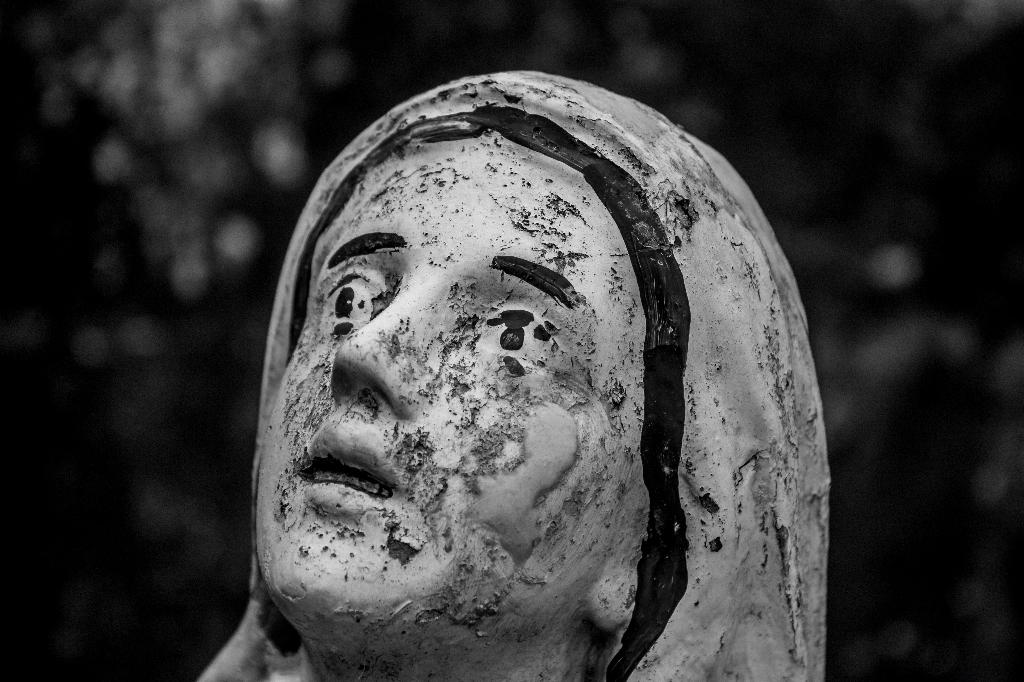The Catholic Bible is a collection of sacred texts that holds a significant place in the Catholic faith. It consists of 73 books, which are divided into the Old Testament and the New Testament. The Old Testament contains 46 books, including 7 deuterocanonical books, while the New Testament comprises 27 books.
Explanation of the Old Testament books in the Catholic Bible
The Old Testament books in the Catholic Bible can be categorized into different divisions. These divisions include the Pentateuch, Historical Books, Wisdom Literature, and Prophets. The Pentateuch consists of the first five books of the Bible: Genesis, Exodus, Leviticus, Numbers, and Deuteronomy.
In addition to the Pentateuch, the Historical Books cover the historical accounts of the Israelites, such as Joshua, Judges, Samuel, Kings, and Chronicles. The Wisdom Literature consists of Job, Psalms, Proverbs, Ecclesiastes, Song of Songs, Wisdom, and Sirach. Lastly, the Prophets include major prophets like Isaiah, Jeremiah, and Ezekiel, as well as minor prophets like Hosea, Joel, and Malachi.
Explanation of the New Testament books in the Catholic Bible
The New Testament books in the Catholic Bible can be divided into the Gospels, Acts of the Apostles, Letters, and Revelation. The Gospels are the accounts of Jesus’ life and teachings and include the books of Matthew, Mark, Luke, and John. The Acts of the Apostles tells the story of the early Christian Church, while the Letters consist of epistles written by apostles like Paul, Peter, and John to various Christian communities.
Lastly, the New Testament concludes with the book of Revelation, which contains prophetic visions and symbols that reveal the ultimate victory of good over evil.
Discussion on the number of books in the Catholic Bible
The difference in the number of books between the Catholic and Protestant Bibles is a topic of interest and sometimes controversy. Protestant Bibles comprise 66 books, omitting the 7 additional deuterocanonical books found in the Catholic Bible.
The additional books in the Catholic Bible, namely Tobit, Judith, Wisdom, Sirach (Ecclesiasticus), Baruch, and 1 and 2 Maccabees, have been accepted by the Catholic Church as inspired texts. These books offer valuable insights into Jewish history, provide wisdom literature, shed light on important events, and emphasize the importance of faith and virtues.
Understanding the controversy surrounding the book count
The variation in the number of books can be traced back to the early centuries of Christianity. The decision to include or exclude certain books was influenced by factors like historical context, Jewish tradition, and debates within the early Christian community.
From a Catholic perspective, these additional books hold theological significance and have been considered part of the biblical canon. However, Protestants have a different viewpoint, arguing that these books lack sufficient historical evidence or canonical status.
Importance and significance of the books in the Catholic Bible
The books in the Catholic Bible, including the additional deuterocanonical books, play a vital role in the Catholic faith. They provide a more comprehensive understanding of God’s revelation and encompass profound teachings on morality, spirituality, and salvation.
These books are frequently referenced in Catholic teachings, liturgical practices, and devotional readings. They offer valuable insights into the history, culture, and spiritual journey of the people of God, providing guidance and inspiration to Catholics worldwide.

Conclusion
In conclusion, the Catholic Bible consists of 73 books, including 7 additional deuterocanonical books. The inclusion of these books sets the Catholic Bible apart from the Protestant Bible. While the debate surrounding the book count continues, the Catholic Church affirms the theological value and importance of these additional books in understanding and practicing the Catholic faith.
